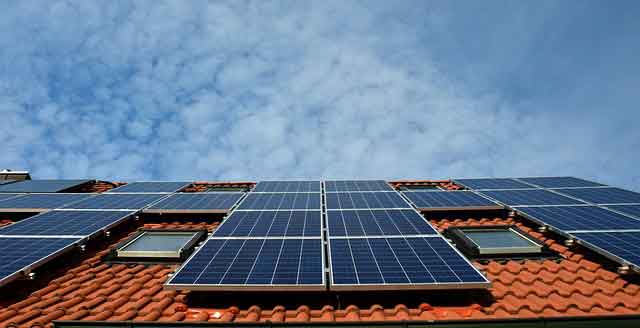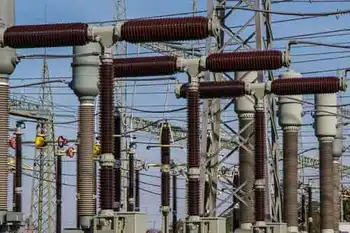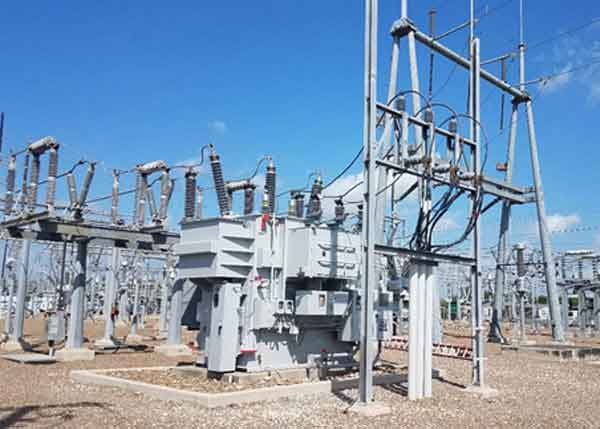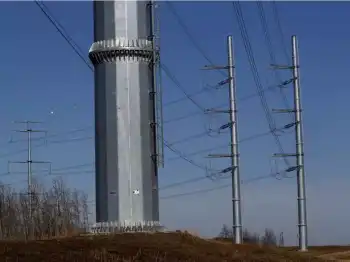Struggling solar supplier gets trade zone status
The Hawaii-based company, which aims to manufacture and sell polysilicon for the solar market at its Pocatello plant, said this favorable ruling by the U.S. Department of Commerce will reduce its costs and help keep it afloat as it scrambles to prop up finances.
Construction at Hoku's Pocatello plant came to nearly a standstill earlier this year because the company still needs to come up with more than $100 million of its total $390 million cost at a time when funding sources have dried up, CEO Dustin Shindo has said. The company is considering unloading the materials unit that's building the Idaho facility and has hired Deutsche Bank Securities Inc. to lure potential buyers.
"This ruling helps ensure that our facility will remain globally competitive over time," Shindo said in a statement.
A duty is a tax on certain products purchased abroad.
Hoku posted a $3 million loss for the fiscal year that ended in March and said two weeks ago it lost nearly $1 million in the three months ended June 30. More than 80 percent of its annual production of polysilicon from Idaho would be exported to China.
Idaho economic development promoters are banking on the Pocatello facility to provide 200 alternative-energy jobs for the region at a time of rising state unemployment.
They're optimistic this decision granting the Pocatello plant so-called "foreign trade zone status" makes its eventual completion more likely.
"Hoku's Pocatello plant will not only be a net exporter to China, but thanks to the Commerce Department's ruling, it will have the ability to compete internationally on a level playing field," said Gynii Gilliam, who heads the Bannock Development Corp. in Pocatello. "This outcome is not only good for Idaho's emerging clean energy manufacturing base, but it is good for the U.S. renewable energy industry in general."
Though many construction workers have been idled at the Pocatello plant, Hoku insists work isn't completely halted.
For instance, some contractors remain on site so work can start quickly, should financing materialize. Hoku has also said it will continue training its first group of plant operators, hired this June.
Related News
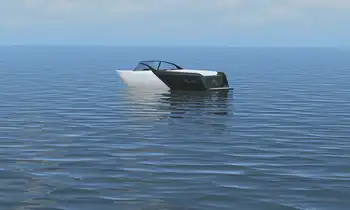
Ex-SpaceX engineers in race to build first commercial electric speedboat
LOS ANGELES - A team of former SpaceX rocket engineers have joined the race to build the first commercial electric speedboat.
The Arc Boat company announced it had raised $4.25m (£3m) in seed funding to start work on a 24ft 475-horsepower craft that will cost about $300,000.
The LA-based company, which is backed by venture capital firm Andreessen Horowitz (an early backer of Facebook and Airbnb), said the first model of the Arc One boat would be available for sale by the end of the year.
Mitch Lee, Arc’s chief executive, said he wanted to build electric boats because of the impact conventional…

